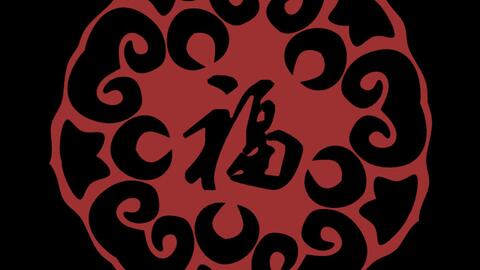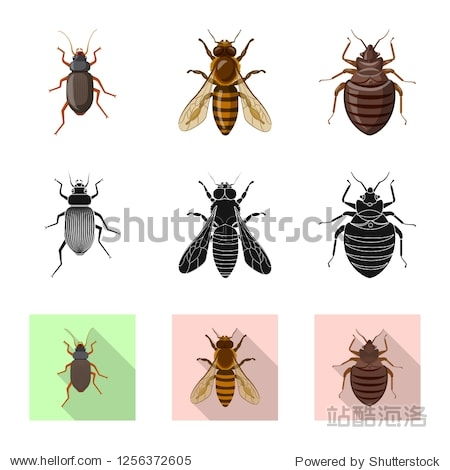
Insect Bites and Stings Self-Care: A Comprehensive Guide
Dealing with insect bites and stings can be quite an inconvenience, but with the right self-care measures, you can alleviate discomfort and prevent complications. Whether you’ve been unlucky enough to encounter a bee, wasp, or mosquito, here’s a detailed guide on how to take care of yourself.
Understanding the Types of Bites and Stings

Insect bites and stings can vary in their severity and symptoms. Here’s a quick rundown of the most common types:
| Insect | Bite/Sting Characteristics |
|---|---|
| Bee | Leave behind a stinger, causing pain and swelling |
| Wasp | Leave behind a stinger, causing pain and swelling |
| Mosquito | Leave behind a small, itchy bump |
| Spider | Can cause severe pain and swelling, sometimes leading to allergic reactions |
It’s important to identify the type of insect that caused the bite or sting, as this can help determine the appropriate self-care measures.
Immediate Self-Care Steps

When you’re dealing with an insect bite or sting, here are some immediate steps you can take to alleviate discomfort:
-
Remove the stinger if it’s still in place. Use a credit card or a butter knife to gently scrape it out, being careful not to squeeze the venom sac.
-
Wash the area with soap and water to prevent infection.
-
Apply a cold compress to reduce swelling and numb the area.
-
Take an over-the-counter pain reliever, such as ibuprofen or acetaminophen, to help manage pain and inflammation.
Long-Term Self-Care Measures

While immediate self-care steps can help alleviate symptoms, it’s also important to take long-term measures to ensure proper healing and prevent complications:
-
Keep the affected area clean and dry. Change bandages regularly if necessary.
-
Apply a non-prescription antihistamine cream or gel to reduce itching and inflammation.
-
Use a non-prescription hydrocortisone cream to reduce swelling and itching.
-
Keep the affected area elevated to reduce swelling.
When to Seek Medical Attention
In some cases, you may need to seek medical attention for an insect bite or sting. Here are some signs that indicate you should see a healthcare professional:
-
Severe pain, swelling, or redness that doesn’t improve after a few days
-
Difficulty breathing, swallowing, or speaking
-
Swelling of the throat or face
-
Severe allergic reaction, such as anaphylaxis
Preventing Future Bites and Stings
While you can’t always avoid insect bites and stings, there are steps you can take to reduce your risk:
-
Wear long sleeves and pants when outdoors, especially during peak insect activity times.
-
Use insect repellent containing DEET, picaridin, or oil of lemon eucalyptus.
-
Keep your home and yard free of standing water, as this can attract mosquitoes.
-
Be cautious when handling bees, wasps, and other stinging insects.
By following these self-care measures and taking preventive steps, you can effectively manage insect bites and stings and minimize their impact on your daily life.




